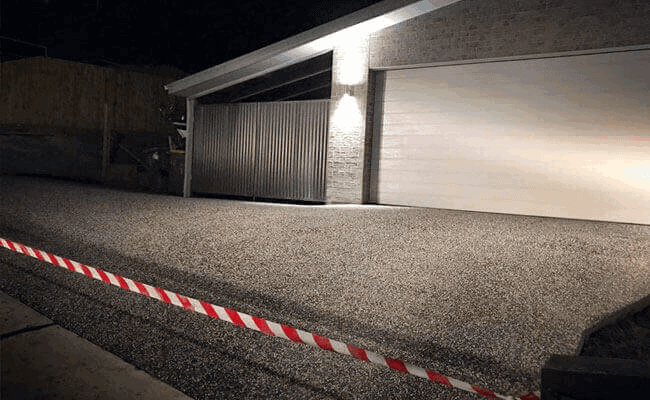Your home – including the road leading to your dream home and its accompanying landscape – might have been carefully designed and built. But choosing the right surface for your driveway is an important decision to make because it will impact your property for years to come. Be it concrete, basalt or pavers, you want it to be the most fitting welcome route to your home.
You’d possibly prefer material that is versatile, durable, low-maintenance, attractive and cost-effective in the long term. You also want your abode to make the best first impression and to spruce up the entrance to your home. Be it a plain gray or decorative concrete driveway, now there are products and methods that can rejuvenate or resurface existing pavers or plain-gray driveways.
Continue reading to learn more about some stylish and sturdy materials for your driveway:
Concrete
Concrete is the most eco-friendly material for paving driveways. They are made with renewable resources. Concrete pavements are made from abundant, sustainable resources including water, natural rock, sand and cement. Concrete is naturally brighter and a coloured concrete driveway even adds to the reflective nature of the material. The predominant raw material– limestone is the most abundant mineral on earth.
Your concrete driveway or exposed aggregate driveways in Melbourne can also be made using waste byproducts, which reduces the consumption of raw materials and keeps waste out of landfills. Slag, fly ash and other byproducts from power plants and other industrial processes are commonly used as partial cement replacements. Your concrete driveway can be recycled at the end of its service life.
Pavers
An enormous array of design choices are readily available for pavers. Concrete pavers are made by pouring a mixture of concrete and some type of colouring agent into a mold of some shape and allowing it to set. You have the freedom to choose the shape and colour, based on your landscape. Although more expensive than cement, a paver driveway carries relatively low long-term maintenance costs and can last for about 30 to 40 years.
Shell
Another eco-friendly option of crushed-shell driveways come in three main varieties—clam, oyster, and scallop. These drives range in color, from off-white to gray to brown. The usually cost-effective material and method. What’s more? These shell driveways provide excellent draining as well.
Gravel
Not a favourable option in snowy areas, because although least expensive at first, the act of snow removal scrapes up a lot of gravel and a gravel driveway has considerable maintenance requirements. Despite these drawbacks, gravels form a strong foundation of a driveway and ensure good drainage.
Asphalt
It is a composite material used to surface roads, airports and dams. Asphalt mixtures have been used in pavement construction since the beginning of the twentieth century. The black colour of asphalt retains heat which helps melt snow relatively faster. One drawback of asphalt paving is that it requires regular maintenance. Sealing is required almost biannually.
Basalt
One of the densest materials in the world, basalt is both durable and resistant to all weather conditions. The attractiveness of the naturally occurring material proves a glossy and smooth appearance. It makes for a low-maintenance driveway material and is UV light resistant.


